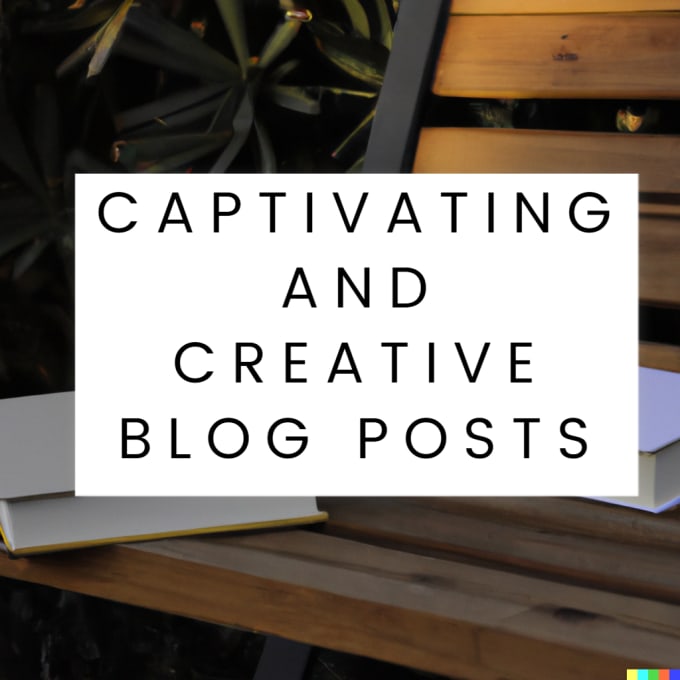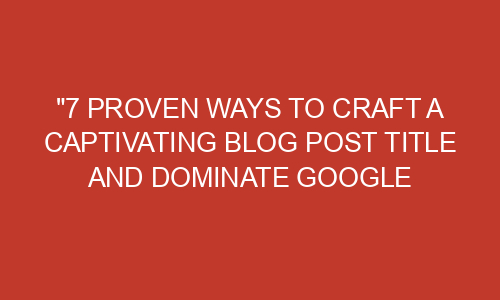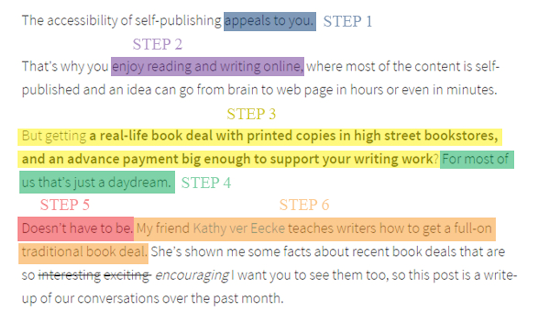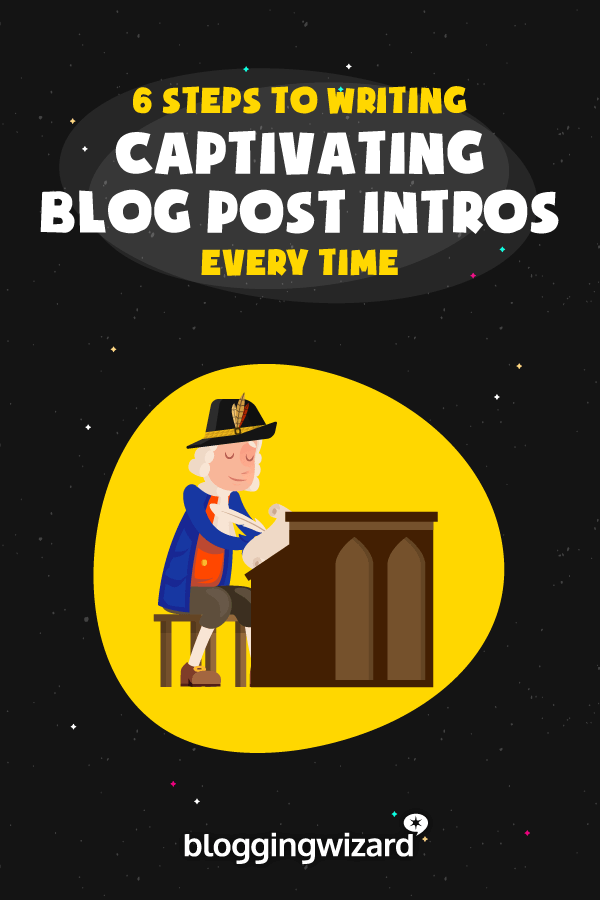With great pleasure, we will explore the intriguing topic related to The Art of Creating a Captivating Blog Post. Let’s weave interesting information and offer fresh perspectives to the readers.
The Art of Creating a Captivating Blog Post

Introduction
Welcome, aspiring bloggers! In the digital realm, crafting compelling blog posts that resonate with your target audience is an art form. Your words have the power to inform, engage, and inspire, driving readers to take action. In this comprehensive guide, we’ll delve into the secrets of creating a blog post that showcases the value of your product or service, creating a sense of urgency that compels readers to act.
Understanding Your Value Proposition and Customer Pain Points
Before embarking on your writing journey, it’s crucial to have a deep understanding of your product/service’s unique value propositions. These are the benefits that differentiate your offering from competitors and address the specific pain points of your ideal customer persona. By identifying these pain points, you can tailor your blog post to speak directly to the needs and desires of your target audience.
Creating a Compelling Introduction

The introduction is your chance to captivate your readers and set the stage for the rest of your post. Begin with an intriguing greeting, followed by a series of paragraphs that provide detailed insights into your chosen topic. Use vivid language, storytelling, and statistics to paint a picture that resonates with your audience.
Subheadings: Organizing Your Content
Subheadings serve as signposts, guiding readers through your blog post and making it easy to skim and digest the content. Each subheading should be followed by several paragraphs that delve deeper into the topic, providing valuable information and insights.
Advantages and Disadvantages: A Balanced Perspective
Every product or service has its advantages and disadvantages. By presenting both sides of the equation, you demonstrate transparency and credibility, building trust with your readers. Discuss the benefits in detail, highlighting how they address customer pain points. Similarly, acknowledge any potential drawbacks and provide solutions or mitigating factors.

Summary: Key Takeaways
At the end of your post, provide a concise summary that encapsulates the most important information. This summary should serve as a reminder of the value your product or service offers and reinforce the sense of urgency.
Q&As: Addressing Reader Concerns
Include a section of Q&As that address common questions or objections readers may have. By providing clear and informative answers, you can preempt any doubts or hesitations, further building trust and credibility.

Conclusion: Call to Action
Your conclusion should be a powerful call to action, urging readers to take the next step. This could involve making a purchase, signing up for a free trial, or simply sharing your post with others. Use strong verbs, create a sense of urgency, and provide clear instructions on how to take action.
Closing Statement: A Lasting Impression

End your blog post with a memorable closing statement or rebuttal that leaves a lasting impression on your readers. Summarize the key points, reiterate the value of your product or service, and inspire readers to take action.
HTML Formatting: Ensuring Readability
Proper HTML formatting is essential for ensuring the readability and accessibility of your blog post. Use headings (h1, h2, etc.) to structure your content, bold and italicize key terms, and include hyperlinks to relevant sources.

Final Check: Quality Assurance
Before publishing your blog post, take a final check to ensure it meets the highest standards of quality. Verify that the introduction and conclusion have at least seven paragraphs each, and that each subheading has a corresponding section of detailed content.




Closure
Thus, we hope this article has provided valuable insights into The Art of Creating a Captivating Blog Post. We hope you find this article informative and beneficial. See you in our next article!
